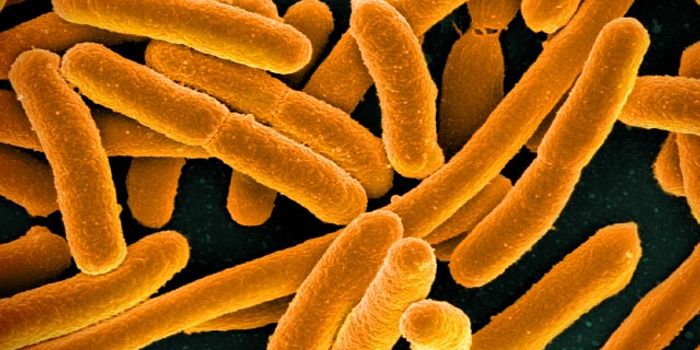These days, it seems like gut microbes are important for nearly every aspect of human health. Recently, researchers from the California of Institute of Technology found that gut microbes may be responsible for the motor deficits that accompany Parkinson’s disease. Their work is published in the most recent issue of Cell.
Study author Sarkis Mazmanian knew that people with Parkinson’s disease have an abnormal gut microbiome and often experience gastrointestinal symptoms. Parkinson’s is caused by the accumulation of the protein alpha-synuclein in neurons, and the condition affects nearly 1 million people in the United States.
To determine whether there is a link between gut microbes and Parkinson’s, Mazmanian and colleagues studied Parkinson’s-prone mice raised in either normal or germ-free conditions (these mice overexpress alpha-synuclein). The mice raised in normal conditions developed motor deficits typical of Parkinson’s, but the mice raised in germ-free conditions did not. The researchers tested for motor deficits by determining how well each mouse walked across a beam, climbed down a pole, or removed an adhesive from its nose. Next, they performed a similar experiment by treating mice with antibiotics - these mice also developed motor deficits.
Because motor deficits correlate with the accumulation of alpha-synuclein, they wanted to know if the gut microbes were required for alpha-synuclein to accumulate. Surprisingly, the germ-free mice had fewer aggregations of alpha-synuclein in their brains! Pretty neat stuff.
Gut microbes produce short-chain fatty acids as part of their normal metabolism, and the researchers wanted to know if these fatty acids played any role in motor function. To test this, mice raised in germ-free conditions were transplanted with short-chain fatty acids. Indeed, these Parkinson’s-prone mice also developed motor issues.
Finally, the researchers gave the mice fecal transplants from people with Parkinson’s disease. Sure enough, these mice developed motor deficits! It’s important to note, however, that only the mice predisposed to Parkinson’s - that overexpress alpha-synuclein - developed motor issues after the fecal transplant. (That means you can’t blame everything on the bacteria!)
According to Mazmanian,“we have discovered for the first time a biological link between the gut microbiome and Parkinson's disease. More generally, this research reveals that a neurodegenerative disease may have its origins in the gut, and not only in the brain as had been previously thought.”
These findings suggest that if we can alter the balance of gut microbes - with probiotics, for example - we may be able to treat some of the debilitating symptoms of Parkinson’s disease. “Much like any other drug discovery process, translating this innovative work from mice to humans will take many years. But this is an important first step toward our long-term goal of leveraging the deep, mechanistic insights that we have uncovered for a gut-brain connection to help ease the medical, economic, and social burden of Parkinson's disease,” says Mazmanian.









